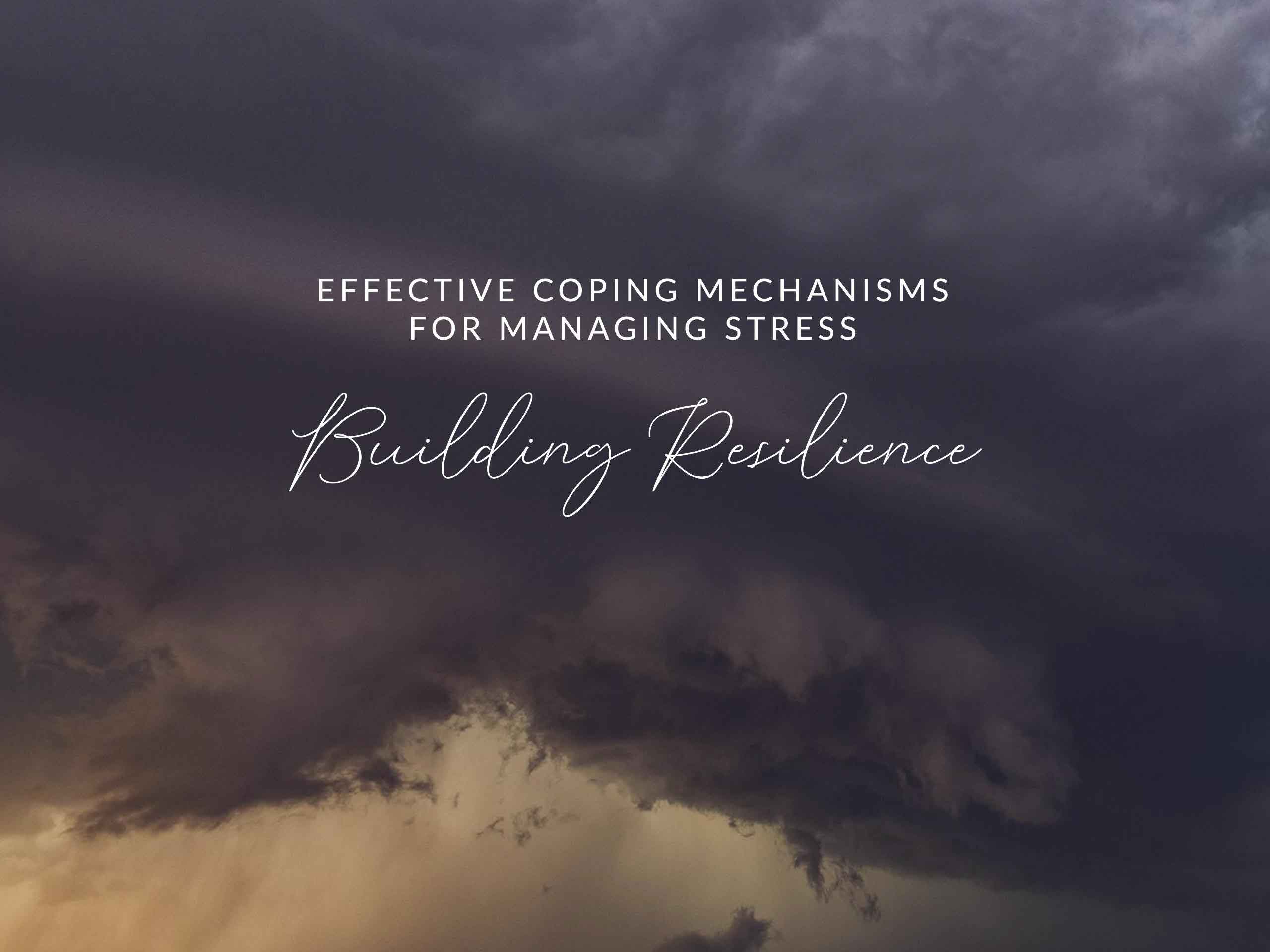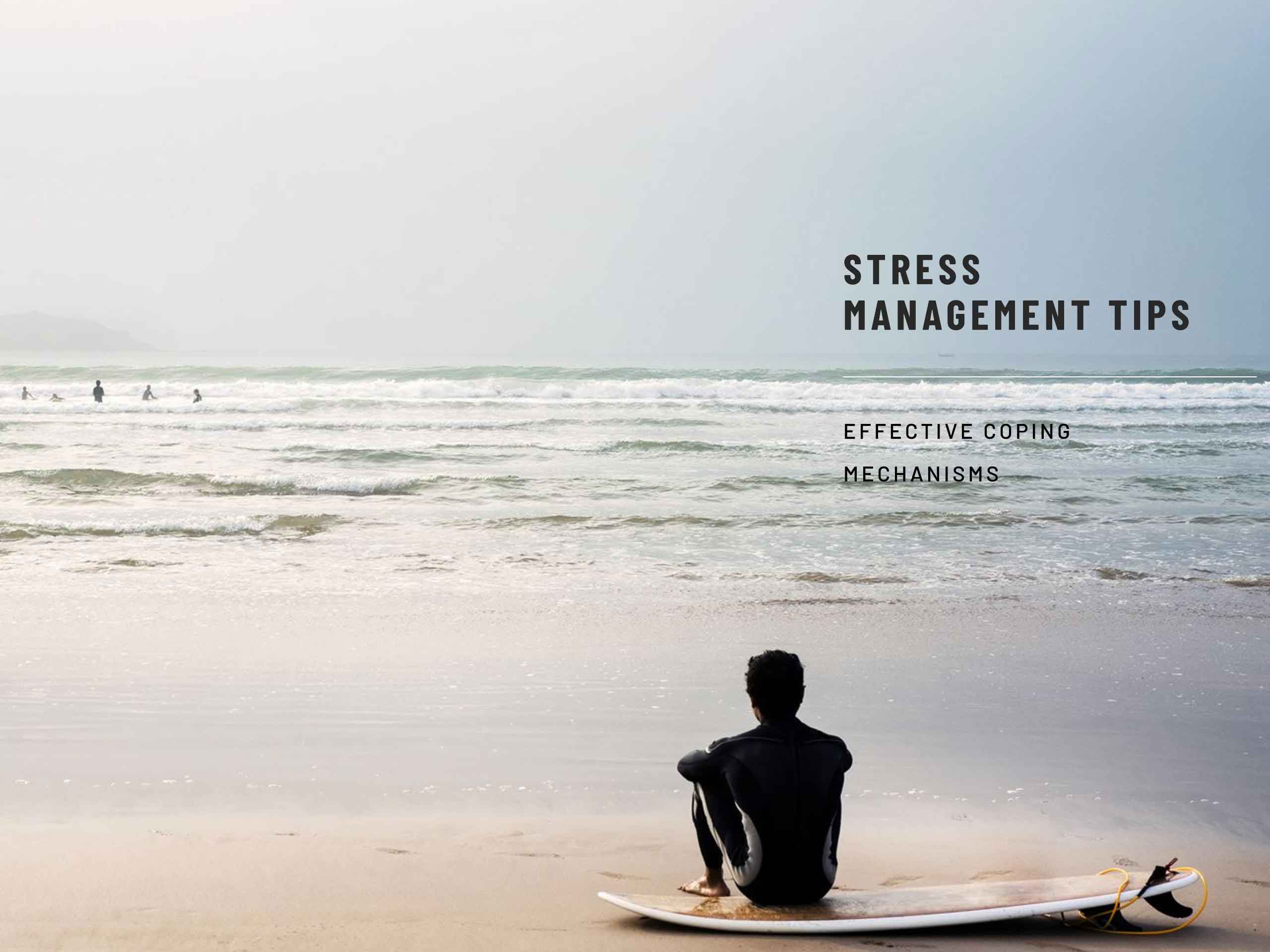Building Resilience: Effective Coping Mechanisms for Managing Stress

Stress is an inevitable part of life, but how we handle it can significantly impact our overall well-being. Resilience, the ability to bounce back from adversity, plays a crucial role in managing stress effectively. By developing effective coping mechanisms, we can cultivate resilience and navigate life's challenges with greater ease.
Understanding Stress and Resilience
Stress is a physiological and psychological reaction to perceived dangers or obligations. When we experience stress, our bodies activate the "fight-or-flight" response, releasing hormones that prepare us to either confront or avoid the stressor. Short-term stress can be motivating, but persistent stress can be harmful to both physical and emotional health.
Resilience, on the other hand, is our capacity to adapt to change and overcome adversity. Resilient individuals possess certain qualities that enable them to cope with stress in a healthy manner. These qualities include:

- Optimism: A positive outlook on life can help us see challenges as opportunities for growth.
- Problem-solving skills: The ability to identify and address problems effectively can reduce stress.
- Social support: Strong relationships with friends, family, and loved ones can provide emotional support and a sense of belonging.
- Self-care: Taking care of our physical and mental health is essential for building resilience.
Effective Coping Mechanisms
- Mindfulness and Meditation: These practices help us stay present in the moment, reduce anxiety, and improve our ability to manage stress.
- Physical Activity: Regular exercise is an effective stress reducer. It boosts mood, improves sleep, and reduces cortisol levels.
- Healthy Eating: A balanced diet provides the nutrients our bodies need to function optimally and cope with stress.
- Time Management: Effective time management can help prevent feelings of overwhelm and reduce stress.
- Hobbies and Interests: Engaging in activities we enjoy can provide a sense of purpose and relaxation.
- Seeking Professional Help: If stress is significantly impacting your life, don't hesitate to seek help from a therapist or counselor.

Conclusion
Building resilience is an ongoing process, but it's a worthwhile investment in our overall well-being. By incorporating effective coping mechanisms into our daily lives, we can better manage stress, enhance our resilience, and lead more fulfilling lives. Remember, it's okay to seek support when needed.
Note: This is for informational purposes only and should not replace professional medical advice. Always consult a healthcare professional before starting any new treatment or session.
Join our community today and take the first step towards a healthier, more balanced you.
Photo: @Freepik, @unsplash, @Microsoft Designer

